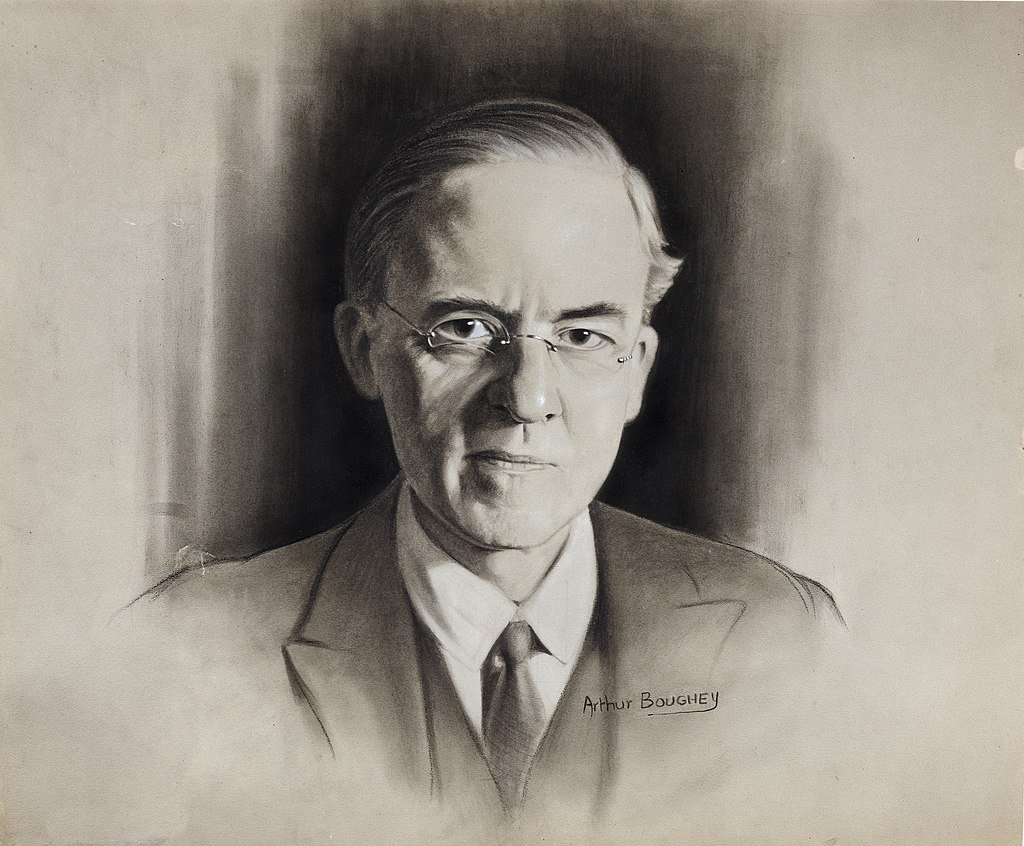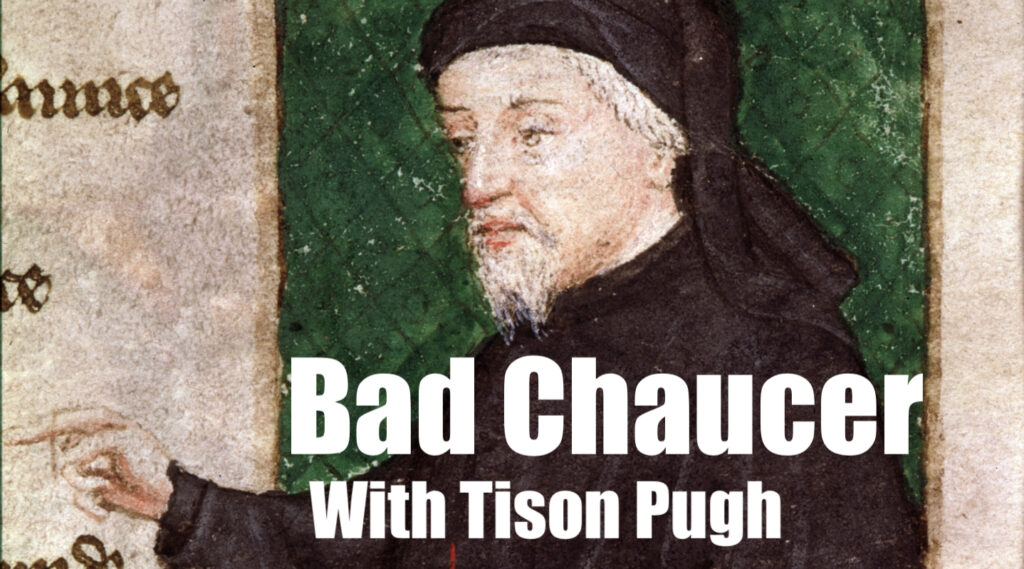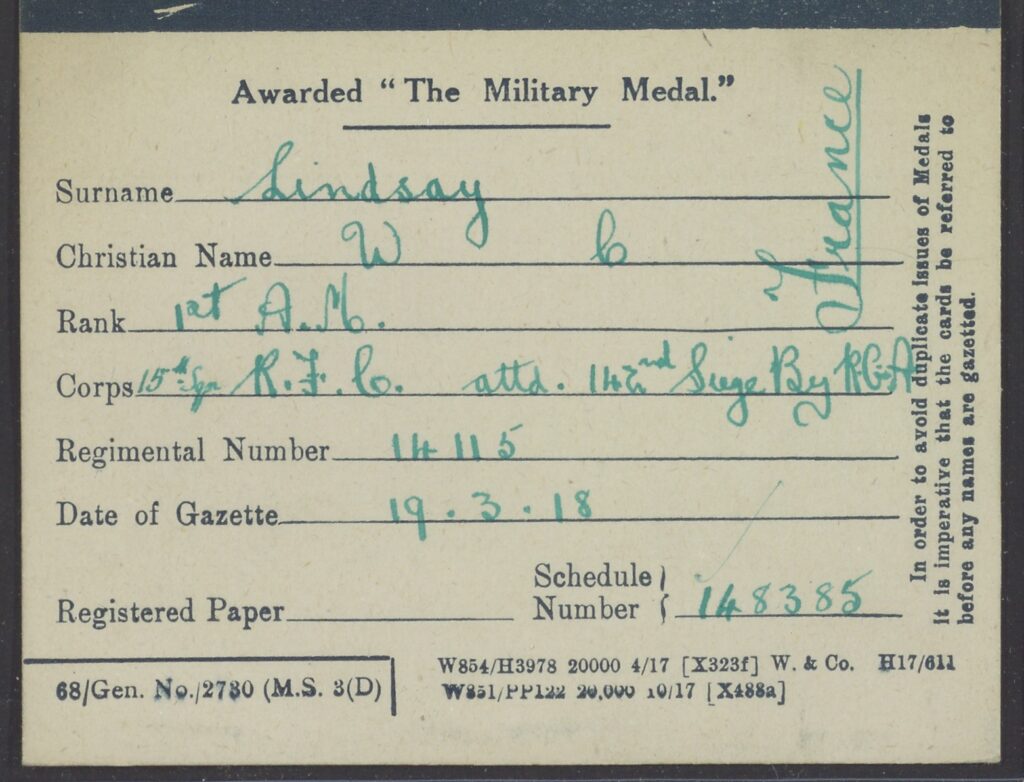Whenever it is the purpose of a (political) mission which has to be ascertained, it behoves one to ask three questions without delay: why was the mission sent at all; why was it sent only when it was; and why did it comprise the individuals that it did. Unless such well-meaning cynicism is allowed to inform one’s analysis, it is not likely that one will be able to pierce the veil cast by official pronouncements for public consumption upon the true motives of those who were instrumental in bringing about the mission’s dispatch in the first place. There is, alas, no such thing as undue skepticism in the study of a political event.
So, to begin with, why was the mission in question — which brought with it an offer of an immediate share for Indians in the central government (Zachariah, 2004: 113) if they accepted “a promise of self-government for India via a postwar constituent assembly, subject only to the right of any province not to accede (Clarke and Toye, 2011)” — dispatched at all? A useful starting point would be Prime Minister Churchill’s declaration, when announcing in the House of Commons his administration’s decision to send a political mission to India, that:
“The crisis in the affairs of India arising out of the Japanese advance has made us wish to rally all the forces of Indian life to guard their land from the menace of the invader … We must remember also that India is one of the bases from which the strongest counter-blows must be struck at the advance of tyranny and aggression (The Times, 12 March 1942, page 4).”
Japan in the war
Since entering the war just three months earlier, Japan had already shown her might by achieving what Churchill would call “the worst disaster and largest capitulation in British history” — namely the surrender of over 70,000 British and Commonwealth troops in Singapore, a British possession, in February 1942 (Palmer, 1964: 299) — and occupying thereafter the British colony of Burma, on India’s eastern border, in March — a development which marked the first time since the outbreak of war in September 1939 that India, Great Britain’s most cherished imperial possession, was directly threatened by the enemy. No such threat (or a vociferous demand for independence) had arisen at the time of World War I, which was why no similar mission (with a concrete offer) had been dispatched then. For over two years after its outbreak, no mission was dispatched during World War II either, even though a clamor for independence, spearheaded by the Indian National Congress (India’s largest political party), was existent this time. It was only the Japanese advance westward that changed the picture. In Burma, the Japanese had been “welcomed as liberators, since they established an all-Burmese government (Palmer, 1964: 63).” To the British, therefore, it was imperative that the Indians were sufficiently appeased, or sufficiently divided, to eliminate the risk of the Japanese finding hands to have the gates of India opened from within —not least because even before Japan entered the war, it had been reported that:
“Arrangements are in progress for an inter-Imperial conference on war supplies to be held in Delhi … [where] it is expected that the Governments of East Africa, South Africa, Australia, New Zealand, Burma, and Malaya will be represented … to confer … on mutually developing their resources to provide the maximum for self-defence and for Great Britain … India (my emphasis), with her vast and varied resources and her central position, is the natural pivot for such arrangements (The Times, 8 August 1940, page 3).”
Small wonder, then, that the premier should have described the proposals which the Mission would be bringing as “a constructive contribution to aid India in the realization of full self-government (The Times, 12 March 1942, page 5).” But whilst a desire to garner Indian support for repelling the Japanese would seem able to explain why the mission was sent at all (as well as when), would that desire have also been sufficient to elicit on its own a public offer of eventual self-government from an imperialist as committed as Winston Churchill? As late as October 1939, in a letter to Jawaharlal Nehru (one of the principal Indian leaders), the non-party Stafford Cripps, who had established quite a good rapport with Nehru (Nehru, 2005: 224-5), would be writing (with reference to the Chamberlain administration) that:
“I recognise that it is expecting a great deal more than is probable to expect this Government to do anything more than make a meaningless gesture. The addition of Winston Churchill [to the Cabinet, as First Lord of the Admiralty] has not added to the friends of Indian freedom, though he does look at matters with a realism that is an advantage (Nehru, 2005: 398).”
Realism?
Were the Mission’s proposals a (belated) sign of that ‘realism’ then? Even though just six months earlier, shortly after drawing up with President Roosevelt the Atlantic Charter — a declaration of eight common principles in international relations, one of which was “support for the right of peoples to choose their own form of government (Palmer, 1964: 35)” — Churchill had created “a considerable stir when [he] appeared to deny that the Atlantic Charter could have any reference to India (Low, 1984: 155)”? As it turned out, it was realism on Churchill’s part, but without having anything to do with recognizing Indian aspirations. That is because when Churchill announced the Mission, his intended audience were not the Indians at all — not least because they never needed to be. The indispensability of India to the war effort was indisputable, but there was hardly ever any need for Churchill to appease the Indians in order to save the Raj. Simply consider the ease with which the Government of India, notwithstanding the continuing proximity of Japanese forces to the subcontinent, was able to quell the Congress-launched Quit India Movement of August 1942 — which was even described in a telegram to the premier by the Viceroy, Lord Linlithgow, as “by far the most serious rebellion since that of 1857, the gravity and extent of which we have so far concealed from the world for reasons of military security (Zachariah, 2004: 117).” The quelling anticipated Churchill’s asseveration that “I have not become the King’s First Minister in order to preside over the liquidation of the British Empire. For that task, if ever it were prescribed, someone else would have to be found … (The Times, 11 November 1942, page 8).” When British might in India was still a force to be reckoned with, what consideration(s) could have possibly served to have induced the Mission’s dispatch just five months earlier? What would Churchill not have gained had he never sent it?
There are two aspects to that, the second of which also addresses the third of our original questions — namely why the Mission was led by the individual that it was. The first aspect was Churchill’s desire, following the debacle in Singapore, to reassure not just his compatriots but also his indispensable transatlantic allies that something was being done to safeguard resource-rich India from the enemy (Owen, 2002: 78-9). With India “now a crucial theatre of war in the path of Japanese advance, Cripps exploited US pressure to secure Churchill’s reluctant agreement to the ‘Cripps offer’ (Clarke and Toye, 2011).” This was not very surprising, for given that he was president of a country which not only owed her birth to anti-imperialism but had also just subscribed to the Atlantic Charter, Roosevelt could not afford domestically to be seen condoning (British) imperialism anywhere in the world. The American view was that Indian support for fighting Japan would be better secured by conciliation than by repression (The Daily Telegraph, 13 April 1942, page 2), and Roosevelt even sent his personal representative, Colonel Louis Johnson, to India to assist in the negotiations (Clarke and Toye, 2011). Under such circumstances, Churchill could have only confuted the Americans by first making an offer of which Washington approved to the Indians, and then proclaiming the futility thereof after it had been rejected by them (The Daily Telegraph, 1 April 1942, page 3). As he wrote before the Mission’s dispatch to Linlithgow, a fellow reactionary who would do much to sabotage the ‘Cripps offer’ by his (predictable) refusal to reconstruct the Executive Council in accordance with Congress’s wishes (removing thereby any incentive Congress might have had for consenting to postwar Dominion status) (Moore, 2011):
“It would be impossible, owing to unfortunate rumours and publicity, and the general American outlook, to stand on a purely negative attitude and the Cripps Mission is indispensable to proving our honesty of purpose … If that is rejected by the Indian parties … our sincerity will be proved to the world (Zachariah, 2004: 114).”
Public relations
As anticipated, this public relations gesture, “an unpalatable political necessity” for the gesturer (Moore, 2011) and therefore proof of his ‘realism’, worked — all the more after Cripps, who considered neither Churchill nor Linlithgow primarily responsible for his failure in India (Owen, 2002: 88), proceeded to “redeem his disappointment in Delhi by a propaganda triumph, aimed particularly at the USA, with the aim of unmasking Gandhi as the cause of failure. One result of the Cripps mission, then, was … [that] influential sections of American opinion swung to a less critical view of British policy. In this respect, Churchill owed a substantial, if largely unacknowledged, debt to Cripps (Clarke and Toye, 2011).” The ulterior motive behind sending the Mission became evident to some even at the time. As Nehru himself reflected after once more landing in gaol (for his participation in the Quit India Movement):
“The abrupt termination of the Cripps’ negotiations and Sir Stafford’s sudden departure came as a surprise. Was it to make this feeble offer, which turned out to be, so far as the present was concerned, a mere repetition of what had been repeatedly said before — was it for this that a member of the British War Cabinet had journeyed to India? Or had all this been done merely as a propaganda stunt for the people of the USA (Nehru, 2004: 515)?”
A desire, therefore, to satisfy the Americans, who were his intended audience, would explain why Churchill acquiesced in the Mission. But now we come to the other aspect which was alluded to earlier — namely why it was the Cripps Mission. To begin with, Cripps, a non-party person since his expulsion from the Labour Party in January 1939 for advocating a Popular Front with the communists (Kenyon, 1994: 97), had, shortly after the outbreak of war in September, embarked upon a world tour, convinced that “India, China, Russia, and the USA were the countries of the future (Clarke and Toye, 2011)”, and that it would therefore be worth his country’s while to ascertain their future aims. “In India Cripps was warmly received as the friend of Jawaharlal Nehru … [and] though unofficial in status, Cripps’s visit was undertaken with the cognizance of the India Office and was intended to explore the prospects of an agreed plan for progress towards Indian self-government (Clarke and Toye, 2011).” But whilst this visit helped establish his bona fides with the Indian leaders and gave him such a knowledge of Indian affairs as would later make him a publiclysuitable choice for leading the Mission (The Daily Telegraph, 22 April 1952, page 7), Churchill had more private reasons for choosing Cripps in 1942 — as we shall now see.
Going abroad
After becoming prime minister in 1940, “Churchill [had] used foreign postings cannily to remove potential opponents and replace them with supporters; as well as Halifax, Hoare and Malcolm MacDonald (who was sent to Canada as high commissioner), he sent five other Chamberlainite former ministers abroad as the governors of Burma and Bombay, as minister resident in West Africa and as the high commissioners to Australia and South Africa. Several others were removed from the Commons through the time-honored expedient of ennobling them (Roberts, 2019: 622).” Similarly, the left-wing Cripps was also sent out of the country — as ambassador to Moscow, where he served for eighteen months, Churchill contemptuously observing when it was suggested Cripps be relocated that “he is a lunatic in a country of lunatics, and it would be a pity to move him (Roberts, 2019: 622).” To us, this remark shows how the Cripps Mission vis-à-vis India was inherently frivolous; for had Churchill considered the fulfilment of its ostensible aims at all important, would he have entrusted the Mission to a ‘lunatic’ (rather than to, say, Leopold Amery, who was his trusted Indian Secretary, and who had already dissuaded him from going to India himself (Lavin, 2015))?
However, after America entered the war, “Churchill [for reasons irrelevant to this essay] came to think Cripps a bigger menace in Russia than at home and sent permission for him to return to London, which he did in January 1942 … [to be] widely hailed as the man who had brought Russia into the war (Clarke and Toye, 2011)” — this at a time when Churchill himself was grappling with a weakened domestic position (Addison, 2018), which the fall of Singapore would do nothing to improve. Anxious to win over the non-party Cripps, who was now his foremost rival for the premiership (Roberts, 2019: 714), Churchill “brought him into the government as Lord Privy Seal and Leader of the House of Commons (Clarke and Toye, 2011).” Rather than engage in domestic politics, however, Cripps “chose to invest his windfall political capital in an initiative to break the political impasse in India (Clarke and Toye, 2011).” But, “as Churchill may well have calculated in advance, the Mission failed and Cripps’s reputation was diminished (Addison, 2018).” The political threat to Churchill decreased considerably, for failure in India meant that Cripps’s removal as Leader of the House of Commons was “inevitable” (The Times, 22 April 1952, page 6). Who could have aspired to the premiership under such circumstances? The Mission had not even been a gamble for Churchill (who would have never sent Cripps only to add to his political capital), since the offer’s provision, prudently inserted by Amery (Lavin, 2015), for a province’s right to refuse accession to a postwar Indian Dominion was certain to have been welcomed by the Muslim League (India’s foremost Muslim political party) — which had declared its quest for some form of partition as early as March 1940 (with the Lahore Resolution), and the retention of whose support during the war was crucial because the Muslims, “besides being a hundred million strong, [constituted] the main fighting part of the [Indian] Army (Kimball, 1984: 374)” — but equally certain to have been rejected by the Hindu-dominated Congress (which was already irked by the stipulation that Dominion status would be granted only after the war, which nobody at the time could have known would end but three years later). Not for nothing had Churchill privately assured an anxious King George VI shortly after the Mission’s dispatch that “[the situation] is like a three-legged stool. Hindustan, Pakistan, and Princestan. The latter two legs, being minorities, will remain under our rule (Roberts, 2019: 720-1).”
Conclusion
To conclude, given his views on both India and Cripps, it is not surprising that the premier should have entertained a paradoxical desire for the Mission to succeed by failing — which it did. By easing American pressure on Downing Street to conciliate the Indians and politically emasculating Stafford Cripps at the same time, the Mission served both of the purposes for which it had been sent so astutely by Prime Minister Churchill.
Find that piece of interest? If so, join us for free by clicking here.
Bibliography
Addison, P. (2018) Sir Winston Leonard Spencer Churchill. Oxford Dictionary of National Biography [Online]. Available at https://doi.org/10.1093/ref:odnb/32413 [Accessed on 20.05.24]
Clarke, P. and Toye, R. (2011) Sir (Richard) Stafford Cripps. Oxford Dictionary of National Biography [Online]. Available at https://doi.org/10.1093/ref:odnb/32630 [Accessed on 20.05.24]
Kenyon, J. (1994) The Wordsworth Dictionary of British History. Wordsworth Editions Limited.
Kimball, W. (1984) Churchill & Roosevelt: the complete correspondence. Volume 1 (Alliance Emerging, October 1933 – November 1942). Princeton University Press.
Lavin, D. (2015) Leopold Charles Maurice Stennett Amery. Oxford Dictionary of National Biography [Online]. Available at https://doi.org/10.1093/ref:odnb/30401 [Accessed on 20.05.24]
Low, D. (1984) The mediator’s moment: Sir Tej Bahadur Sapru and the antecedents to the Cripps Mission to India, 1940-42. The Journal of Imperial and Commonwealth History [Online]. Available at https://doi.org/10.1080/03086538408582664 [Accessed on 20.05.24]
Moore, R. (2011) Victor Alexander John Hope, second marquess of Linlithgow. Oxford Dictionary of National Biography [Online]. Available at https://doi.org/10.1093/ref:odnb/33974 [Accessed on 20.05.24]
Nehru, J. (2004) The Discovery of India. Penguin Books India.
Nehru, J. (2005) A Bunch of Old Letters. Penguin Books India.
Owen, N. (2002) The Cripps mission of 1942: A reinterpretation. The Journal of Imperial and Commonwealth History [Online]. Available at https://doi.org/10.1080/03086530208583134 [Accessed on 20.05.24]
Palmer, A. (1964) A Dictionary of Modern History 1789-1945. Penguin Reference Books.
Roberts, A. (2019) Churchill. Penguin Books.
The Daily Telegraph (1 April 1942, 13 April 1942, 22 April 1952)
The Times (8 August 1940, 12 March 1942, 11 November 1942, 22 April 1952)
Zachariah, B. (2004) Nehru. Routledge Historical Biographies.


